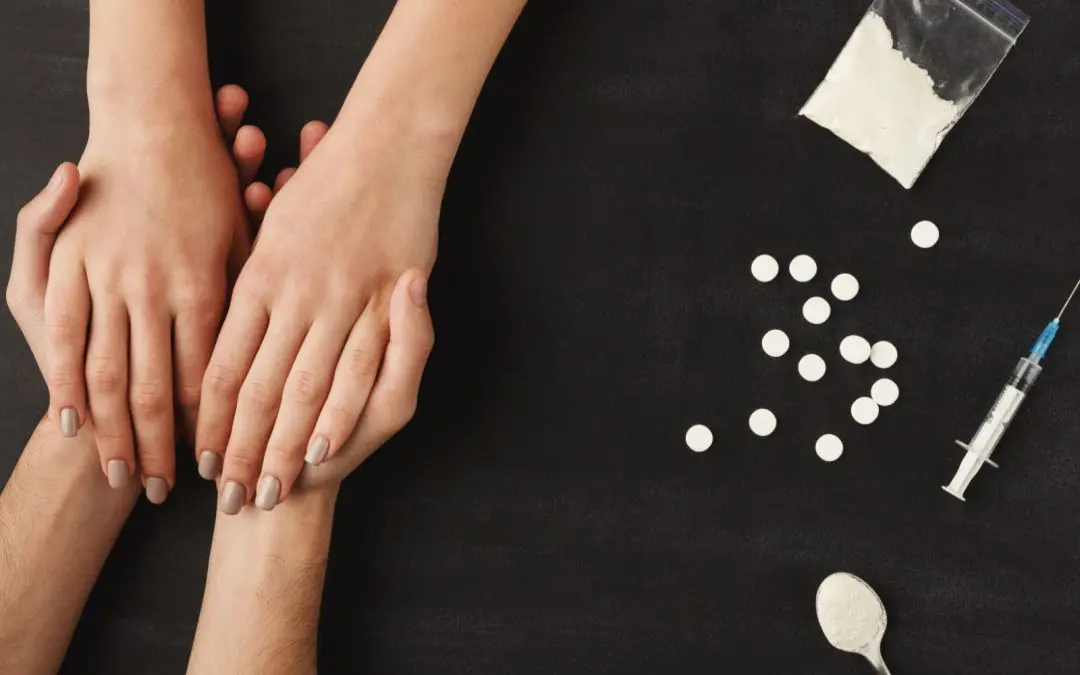has emerged as a vital resource for those seeking to overcome various forms of addiction. These rehab centers specialize in assisting individuals grappling with issues related to substance use, including alcohol, prescription drugs, and illicit narcotics. The treatment approach employed in these centers is comprehensive, emphasizing the importance of community support and shared experiences in the recovery process. Group therapy is often complemented with individualized treatment plans that address specific needs, reflecting a holistic model of care that has repeatedly shown to be effective in helping individuals on their journey to sobriety. The roots of group therapy in Upper Black Eddy can be traced back to the mid-20th century when a need for accessible, supportive environments was recognized, leading to the establishment of specialized centers. Over the years, these facilities have significantly influenced addiction recovery in the United States, promoting the idea that healing is often best achieved when people come together to share struggles, strength, and hope. This collective environment fosters an ambiance of trust, accountability, and empathy, making it an essential part of the recovery process for many. Moreover, the presence of skilled facilitators aids in navigating personal challenges while encouraging a sense of belonging, further advocating the importance of **rehab centers for Group Therapy in Upper Black Eddy** in the ongoing battle against addiction.
Learn more about Group Therapy centers in Upper Black Eddy


































